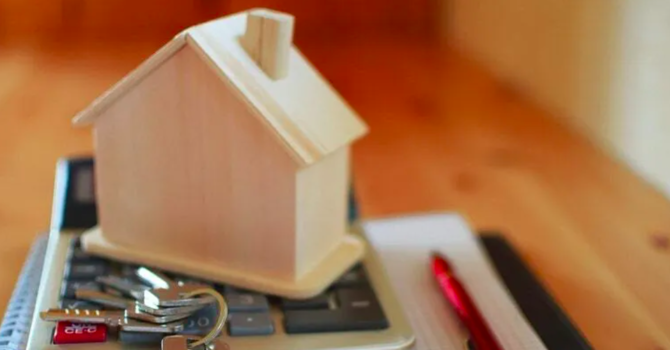
If you’re looking to save money for a downpayment; or to save money for anything really, it all starts with clarity. First, you want to get clarity around your income, then clarity around your expenses, and then you need a plan. And although this might seem fundamental, sometimes going back to basics is the best place to start.
Income.
If you’re going to be saving money, you’ll need to identify just how much money you’ve got to work with! You need to get clarity around your income. The best way to do this is to write it down. This could be with paper and a pen or on a spreadsheet; whatever way works best for you is fine. The goal is to have all your income in front of you!
If you’re on a fixed income or receive a salary for work, your calculations might be pretty simple. However, don’t forget to include any variable income sources. This could include work income like overtime, bonuses, or shift differentials. Or it could include other income sources like an annual tax return, child tax or government benefits. Spend time here and make an exhaustive list of all your income sources.
Expenses.
While income is on one side of the coin, expenses are on the other. Once you’ve identified what you have to work with, the next step is to figure out just how much you actually spend to maintain your current lifestyle.
Start by identifying your regular bills, then look at your discretional spending. If you have a budget already in place, you should be able to identify these numbers easily. If not, you can expect that getting clarity around your expenses will be very enlightening. It might be worth looking through a few months of bank statements to see just how much money you actually spend.
Information is the key to finding clarity. The more information you have, the more equipped you will be to save money. Just like your income, write down all your expenses. This will allow you to assess your spending and then prioritize where you spend your money.
Put together a plan.
Once you know your income, and once you’ve identified all your expenses, you need a plan on how to make more money than you spend. And although that sounds so simple. It really isn’t. The majority of Canadians spend more money than they make and incur debt. If you’re spending more money than you are making, you need to increase your income or decrease your expenses. How you do that is completely up to you.
However, the truth is, most people work better when they have a plan to follow. So if you’re still reading this article, chances are you’d like to buy a home in the near future, and you’re looking for guidance as you save for a downpayment. I can help.
As an independent mortgage professional, I can actually help you navigate all aspects of mortgage financing. Because just like saving for a downpayment is about managing income and expenses, so is getting a mortgage. Income and expenses, along with credit and property, are what a lender looks at when assessing your suitability for a mortgage.
While you might assume that putting together a plan for how to save a downpayment is where you should start, it might not be the best place to start. Saving money takes time, and while you're doing that, there are other things you can be doing at the same time to increase your chances of qualifying for a mortgage sooner.
Contact me anytime to get started. Together we can assess your financial situation and put together a plan to not only save for a downpayment but to get you into a mortgage sooner.

Site Owner
Contact Me


